TOKYO, July 29 – Japanese Prime Minister Shigeru Ishiba on Monday faced and defied renewed pressure to resign, as members of his ruling Liberal Democratic Party moved to tighten the screws over the recent election setback, Kyodo news agency reported.
A week after the ruling coalition lost its majority in the July 20 House of Councillors election, many LDP lawmakers attending Monday’s in-person meeting with party executives called on Ishiba to step down. Some participants, however, voiced support for the embattled leader.
Ishiba is standing on shakier ground with his resignation increasingly seen as a matter of when, not if, participants said, as the LDP continues to struggle to regain public trust following a high-profile slush fund scandal.
Still, he reiterated his intention to remain in the post he assumed just under a year ago, warning of potential political paralysis. He also emphasized the need to oversee the implementation of a recently reached trade agreement with the United States.
“It’s my intention to fulfill my responsibility for the people and the country by never creating a political vacuum,” Ishiba said at the outset of the meeting at the LDP’s headquarters.
After the gathering — which lasted well over four hours, much longer than the two hours initially scheduled — Ishiba told reporters, “My position (to stay on as leader) hasn’t changed.”
Facing LDP lawmakers from both houses of parliament, where the ruling coalition is now a minority, Ishiba pledged “maximum efforts” to ensure that voters can feel that his party has changed following the election loss.
The LDP and its coalition partner Komeito face greater hurdles in passing bills and budgets without the support of opposition parties.
The meeting was intended for the participating members to express their views and vent their feelings toward the party leadership after the worst election outcome for the LDP in years.
LDP Secretary General Hiroshi Moriyama said the party will consider holding a more powerful, decision-making plenary meeting at an early date, apparently taking heed of intraparty frustration.
Some members have signed documents calling for such a meeting, where they can vote to collectively demand a presidential election to replace Ishiba. Signatures from a third of all LDP lawmakers are needed to hold a plenary meeting, in line with the party’s rules.
Moriyama, who is also facing calls to take responsibility as the party’s No. 2, said he will decide whether to remain in his post after completing an internal review by the end of August into the party’s election result.
Pressure to resign has come from LDP lawmakers who have distanced themselves from Ishiba, seen as a relatively dovish moderate, as well as from some local party chapters.
The push includes LDP members who backed the late Prime Minister Shinzo Abe, Japan’s longest-serving leader, who was fatally shot during a campaign speech in 2022. Abe was known for his conservative views and hawkish stance on security.
Lawmakers with close ties to heavyweights such as former Prime Minister Taro Aso and former Foreign Minister Toshimitsu Motegi, who competed against Ishiba in the LDP presidential race last year, are also among the group.
Potential candidates to replace him have been on the move in recent days.
Former economic security minister Sanae Takaichi, Ishiba’s archrival who unsuccessfully challenged him for the party’s top post, has held talks with close associates and her key backer, Taro Aso. Takaichi is known for her hawkish stance on national security.
In the latest upper house election, emerging forces, including the right-wing populist party Sanseito, are believed to have siphoned off conservative support from the LDP.
With the rising cost of living and lackluster wage growth in real terms continuing to hurt households, the ruling coalition sought to woo voters with promises of cash handouts, while opposition parties called for reducing or abolishing the consumption tax.
Ishiba said he will take into consideration various views expressed during Monday’s meeting and make an “appropriate” decision regarding how he should take responsibility for the election results.
“It’s important that our party’s views align with how the public thinks,” he told reporters, without elaborating.
While the LDP’s internal confusion and wrangling are out in the open, the public appears divided over whether Ishiba should resign. Hundreds of people took to the streets outside the prime minister’s office last Friday to ask him not to step down, with the hashtag “Don’t quit Ishiba” trending on social media.
A recent Kyodo News poll found that 51.6 percent were in favor of Ishiba’s resignation, compared with 45.8 percent who saw no need for it.

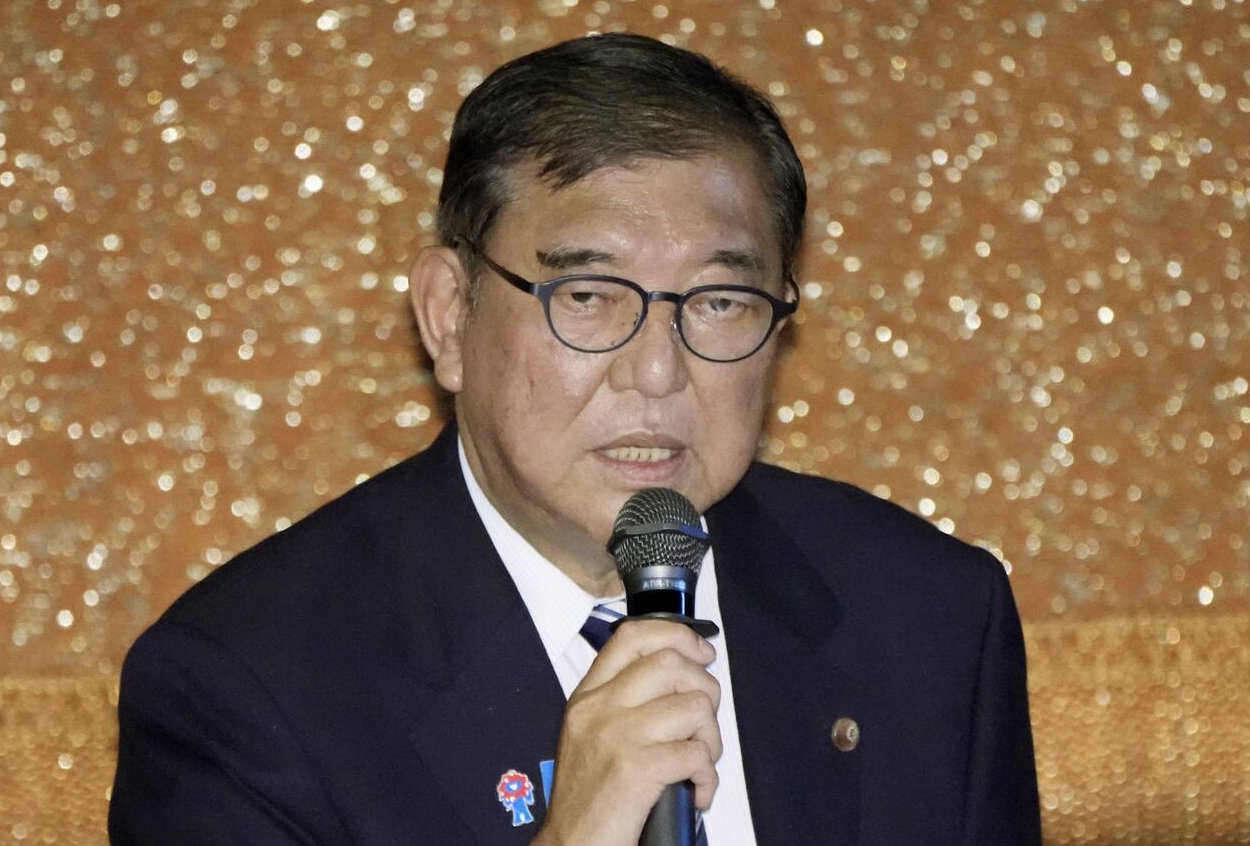







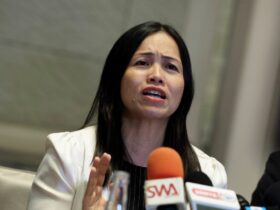
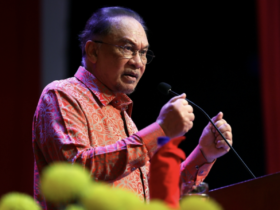
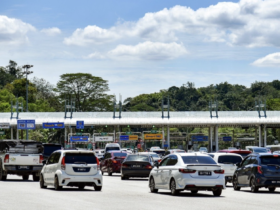

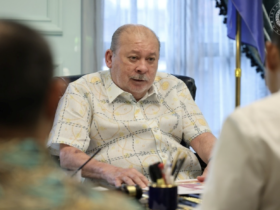
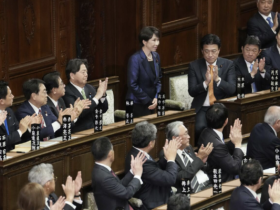



Leave a Reply